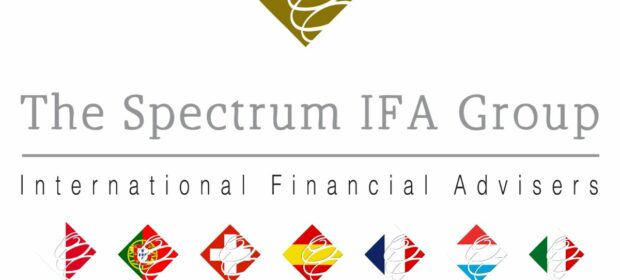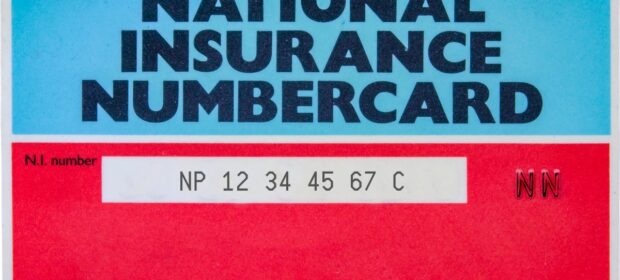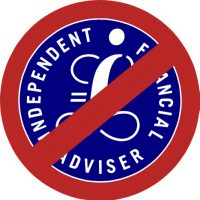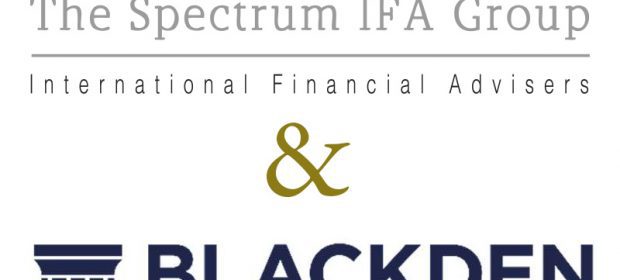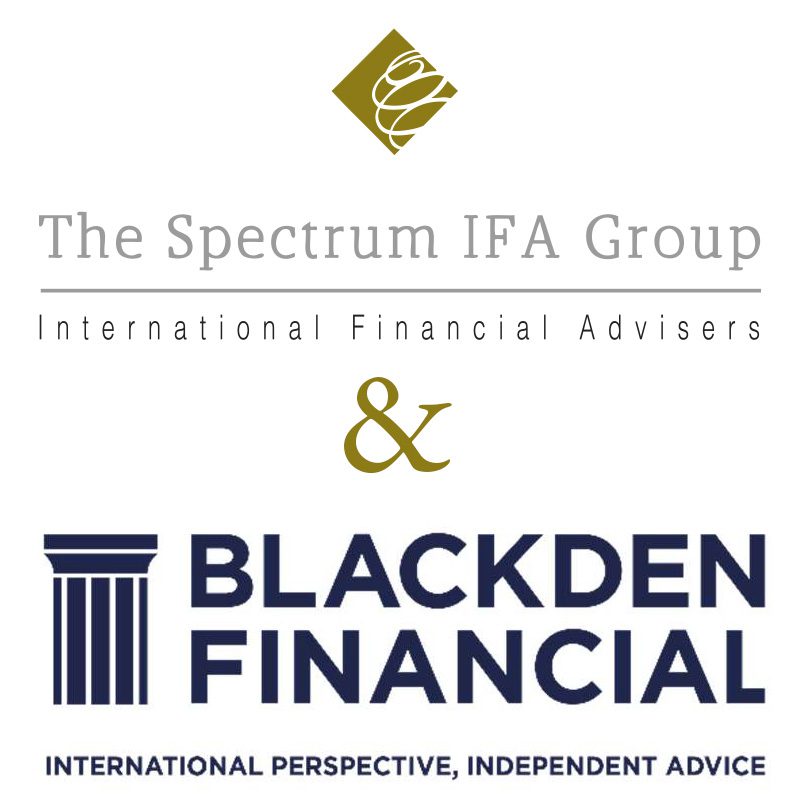Le Tour de Finance heads to Switzerland
By Spectrum IFA
This article is published on: 21st September 2016

21.09.16
Le Tour de Finance, 29th September Nyon, Switzerland.
“Three ways to save tax”
What is Le Tour de Finance?
Are you interested in finding out how to make the most of your money in France, Spain or Italy? Do you have pressing questions about making international payments, pensions, tax, wealth or the healthcare system? Why not take the time and come to a local event, bring some friends and make it a great day out?
Le Tour de Finance is the financial forum for expats which will help you with a range of different financial products and services. Just as Le Tour de France takes a route throughout the regions of France, so too does Le Tour de Finance, but we also visit Italy, Spain, Switzerland and Belgium. We want to reach expats where you live so that you can seek advice particular to your local area. Tax advice, pensions, mortgages, healthcare, schools, business advice and making the most of your assets are just some of the subjects that expats need to know more about. Le Tour de Finance is the ideal opportunity to find answers to the most pressing questions facing people living in France, Spain or Italy.
The forum will bring together key players who assist expats settling or already living in these countries. It will also be an ideal opportunity to socialise by enjoying a free Buffet lunch and meeting people in similar circumstances in your neighbourhood.
As an expat, do you make the most out of your finances?
Come and join us for expert advice and to meet other like-minded expats in your local area. The event starts at 18.45 with a welcome drink, followed by some brief presentations from experts on a range of topics that could affect you now, or in the future. This engaging events ends at 20:30 with drinks and canapes and a chance to meet the experts and hopefully make some new friends.
Register for this FREE event or for further information, by sending an email with your full contact details to: seminars@ltdf.eu, register online or call +33(0)4 22 32 62 40
Where:
Le Caveau de Nyon
Château de Nyon, Place du Château,
1260 Nyon,Switzerland
When:
29th September, 2016
The event starts at 18.45 and ends at 20.30 with drinks and canapes.
What:
Brief presentations on a range of topics including: Tax efficient planning: for Frontaliers and Swiss residents; Why you need a Swiss Will!, Transfers between currencies: beat the bank margins!, Wealth management: seeking positive returns post-Brexit, QROPS- the latest rules on transferring UK pensions overseas, and what the advantages may be, How do the Swiss Pillars work, and how do I save taxes?, Swiss Mortgages- how they work, how to optimise to save taxes.
Spectrum sponsors 23rd Swiss Classic British Car Show
By Spectrum IFA
This article is published on: 10th October 2014
Sunday 4th October was the 23rd Swiss Classic British Car Show in Morges, on the shores of Lake Geneva, Switzerland.
The Spectrum IFA Group has been a proud Main-Sponsor for several years and once again this years’ event was a real success with “shorts and tee-shirts” weather, which invariably seems to be the luck of this event!
Spectrum’s tie-in is partly because its two local advisers, Chris Eaborn and Robbin Davies, live nearby, are of British origin and both love classic cars. Also this is an event that has a huge economic impact on the town which is in the heart of the region where we have many clients.
The show itself was founded and has been run all of its 23 years by Keith Wynn, a British expatriate, and is a non-profit event with sponsorship paying solely for infrastructural costs such as posters and printing.
There is no entry fee whatsoever for exhibitors or visitors and the approximate 1,500 car-entrants come from all over Europe to display British cars and motorbikes over 20 years old (or more recent “special interest vehicles”). There is everything from eccentric enthusiast’s cars to “priceless” classics, all of which are parked unattended along the closed off quays of Morges for the pleasure of the mingling crowds with no problems whatsoever and only the lightest of security needed.
The show attracts around 20,000 visitors and the economic impact on the town through fully booked hotels, restaurants etc. is conservatively estimated at over CHF 1’000’000 of additional revenue.
So, for The Spectrum IFA Group, it is a fantastic opportunity to support one of the best car events in Europe (and arguably the very best featuring British cars!) whilst contributing to an event that has a highly positive economic impact to the area and brings pleasure to thousands.
Chris and Robbin had an excellent day and met many clients and friends who also seemed to have a great time.
Making a Will in Switzerland
By Chris Eaborn
This article is published on: 12th September 2014

12.09.14
Wills in Switzerland
Swiss Law
As a general rule, the Estate of anyone residing in Switzerland is governed by Swiss material law, especially by the relevant provisions of the Swiss Civil Code, which definitely apply in the absence of a Will, notwithstanding the deceased’s citizenship, personal status or religion.
Swiss law, which was influenced by the Napoleonic Code, provides for various solutions, either mandatory or optional, and includes the so-called rules of “forced heirship” – according to which some heirs (the spouse, the children and, in some cases, the parents of the deceased) are in any event entitled to a minimum portion of the Estate (similar rules apply in most countries on the continent and in Scotland).
Choice of Law
According to the Swiss Federal Law on Private International Law, foreign residents in Switzerland may, by making a Will, direct that their Estate be governed by the law of their country of origin and, thus, avoid all or some of the rules set by Swiss law.
This choice of law (that is not permitted in the event of double citizenship including Swiss citizenship) does not affect the jurisdiction of the Swiss authorities and, depending on the deceased’s Canton of residence, inheritance tax must still be paid in Switzerland (taking into consideration the deceased’s Estate on a worldwide basis).
As regards American citizens, it may be wise to specify the law of the relevant US State (with which they have some connections, e.g. California), while Brits should refer to “English law” (or “Scottish law” for the Scots) rather than UK or British law since it does not exist as such.
Making a Will
If made in Switzerland, the Will must have the form prescribed by Swiss law. As a rule, it must either be entirely handwritten, dated and signed by the “Testator”, or made before a Swiss Notary Public (where the Will is actually drafted by the Notary and signed by the Testator in the presence of two witnesses who are often the Notary’s assistants).
Typed Wills or so-called “joint” Wills (one single Will made by two people) are prohibited and void.
Handwritten Wills may be drafted in any language, while Wills made before a Notary Public are usually in the local official language (i.e. in French in the French-speaking area of Switzerland, such as Geneva or Vaud).
Although it is not legally required in Switzerland, when a handwritten Will may predictably need, at some point, to be proven in the US, it is worth asking two witnesses to certify the Will at the time it is signed by the Testator, as this would be expected by a US probate Court.
Making a Will before a Notary Public is especially advisable when the mental capacity of the person making the Will could later be questioned (due to illness, age, potential influence of other people, etc.).
Usually, Wills made with the assistance of a Notary Public are kept by the latter who must send them to the competent local Court or authority upon the testators’ death. When Wills are made privately, it is wise to leave them in some place where they will be found easily, but they can be lost or destroyed. It goes without saying that any Will may, at the Testator’s discretion, be changed, amended, replaced or cancelled at any time by their authors and mere photocopies are not effective.
Appointment of an Executor
Under Swiss law, when there is no Will, the Estate is usually handled by the heirs (who must act jointly).
An Executor (or more than one) may however be appointed by Will and, upon the Testator’s death, will be required by the competent local Court (the Judge of the Peace in Geneva and Vaud) to accept this mission. The Will may include some specific instructions to the Executor who is generally entitled to deal with the Estate without any restriction.
The appointment of an Executor in a Will (and a possible Successor Executor – contingent in the event of the death or incapacity of the first one) is recommended when some assets are held abroad (especially in the US, in the UK or in other common law jurisdictions), when some of the heirs are under 18 years of age or when the situation may prove complex for some other reasons.
Where no Executor was appointed, the local Court may, under some circumstances, appoint an Administrator to take care of the Estate and to protect the heirs’ interests, especially if they are not all known.
Probate Process
Anyone finding a deceased’s Will in Switzerland must send it to the local authorities. Probate proceedings include the notification of a copy of the Will to all the heirs and beneficiaries and, depending on the circumstances, to any relatives possibly entitled to a portion of the Estate.
If the heirs suspect that the deceased was insolvent, they may reject the inheritance within 90 days. Alternatively, they may, within 30 days, apply with the local Court for a formal inventory to be drawn up (at their own expenses) and only accept the inheritance accordingly.
When the heirs accept (even tacitly) the inheritance, they immediately become the successors of the deceased for all the Estate assets and liabilities. They must act jointly and they are severally responsible for the deceased’s debts and obligations (including outstanding contributions or taxes owed in connection with undeclared assets).
Usually, when the deceased was a foreign national, Swiss Courts require that the heirs submit a formal statement to be issued by a Notary Public, in accordance with information that must be given by two witnesses who have no interest in the Estate and who must confirm the deceased’s family status, along with a list of all relatives who may be entitled to the Estate. In the event of any doubt or if no one is able to provide the requested information, the Court may order that a formal notice be published in the official gazette, allowing any potential heir to challenge the Will within 1 year.
In some cases, the heirs also have to submit a legal opinion confirming the solution resulting from the application of some foreign rules (if selected in the Will) that are sometimes regarded as rather “exotic”.
Once the situation is clarified (and, where applicable, after a fiscal inventory is filed and inheritance tax paid), the Court issues a Certificate of Inheritance naming the heirs and allowing them to fully access the Estate assets and arrange for these to be distributed amongst them.
IN SHORT:
- Non-Swiss can (should) ask for their Estate to be governed by the law of their home country and state the country (i.e. will therefore avoid Napoleonic Code).
- They must clearly state in the Will that this is what they want to do, g. “I direct that my Estate shall be governed by *** law”.
- If it is not made before a Notary Public, the Will must be handwritten and married couple must write a Will each (so-called “joint-wills” are invalid in Switzerland).
- A handwritten Will does not have to be witnessed and it should be kept in a safe place.
- The appointment of an Executor (or more than one) should be considered.
- It is helpful to attach a list of worldwide assets such as the name of the bank, branch and account number in which accounts are held, details of life policies or any other assets, as well as the contact details of people who could inform the heirs (such as Attorney, Financial Advisor or Accountant).
Creating or Updating your Will / Estate Planning – The Right Questions
If you died today, how would your Estate be handled?
- Is there a Will and where is it?
- Which debts should be eliminated?
- Which assets should be sold (such as business or real estate)…
- … and which ones should be kept (such as heirlooms)?
- Who is to receive which assets (financial and sentimental)?
- Are there any distribution clauses (e.g. to give your watch to your son/daughter when they reach age 18)?
- Who is to take legal responsibility for any children under age 18?
- Who is to assist the heirs and to ensure that your instructions will be implemented?
Financial Planning
- Did you know that, if you are a US citizen, Swiss banks can be required to freeze your accounts until all US taxes are declared and paid, thus a joint account could be frozen?
- If a joint account holder passes away, the account can be frozen until Swiss taxes are cleared up, with the surviving spouse only able to present bills for living expenses to be paid.
- If a married couple has children and one of the parents dies without leaving a Will, the child/children are deemed to inherit 50% of the Estate and depending on the Canton, may have to pay Inheritance Tax. In the Canton of Vaud, children may however be “gifted” up to CHF 50’000 per year each – tax free.
Careful individual planning allows to identify and solve a number of issues like these.
We offer a free initial consultation should you wish to discuss these or other financial planning matters and should legal advice be required, we will work in conjunction with excellent English-speaking Attorneys and likewise have access to excellent English-speaking Accountants if pertinent.
This notice is for information purpose only and does not constitute legal or other professional advice. Any specific queries should be looked at individually with a professional advisor. This document may not be disseminated or published without written authority.



